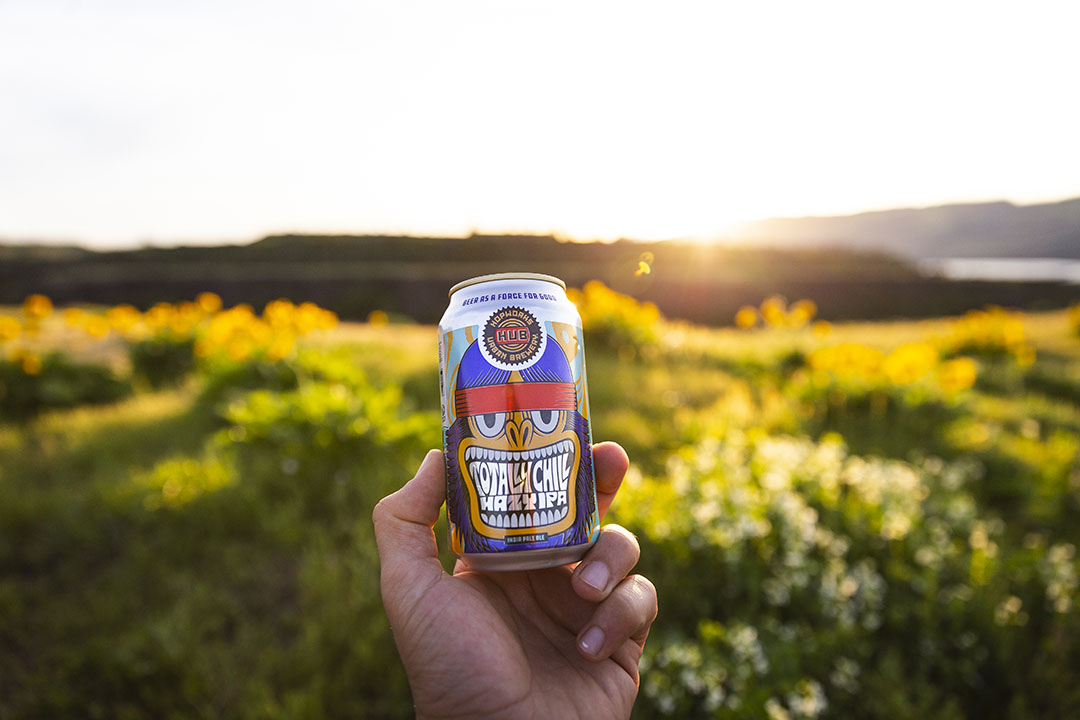
Though many craft beer drinkers may not think about it, a lot of the beer they drink is vegan.
The common ingredients for beer: barley malt, water, hops and yeast, fall into this category, but some breweries add finings that are not vegan as a part of the brewing process.
Some of these products include isinglass, gelatin, glycerin, and casein.
Instead of using isinglass, a gelatin obtained from fish, Ninkasi Brewing (Eugene, Oregon) clarifies its beers with a centrifuge.
“[This] allows us to achieve the clarity we want in our beers without sacrificing flavor or adding isinglass or other clarifying agents,” said Kiley Gwynn. “While this was an initial investment upfront, it’s cost saving for us overtime versus purchasing clarifying agents.”
Most of Ninkasi’s beers are vegan, and the brewery only uses lactose in a couple of recipes.
For head brewer at Hopworks Urban Brewery, Justin Miller said it’s easy for the brewery to offer vegan options because they have simply made a conscious decision to not use unnecessary animal products.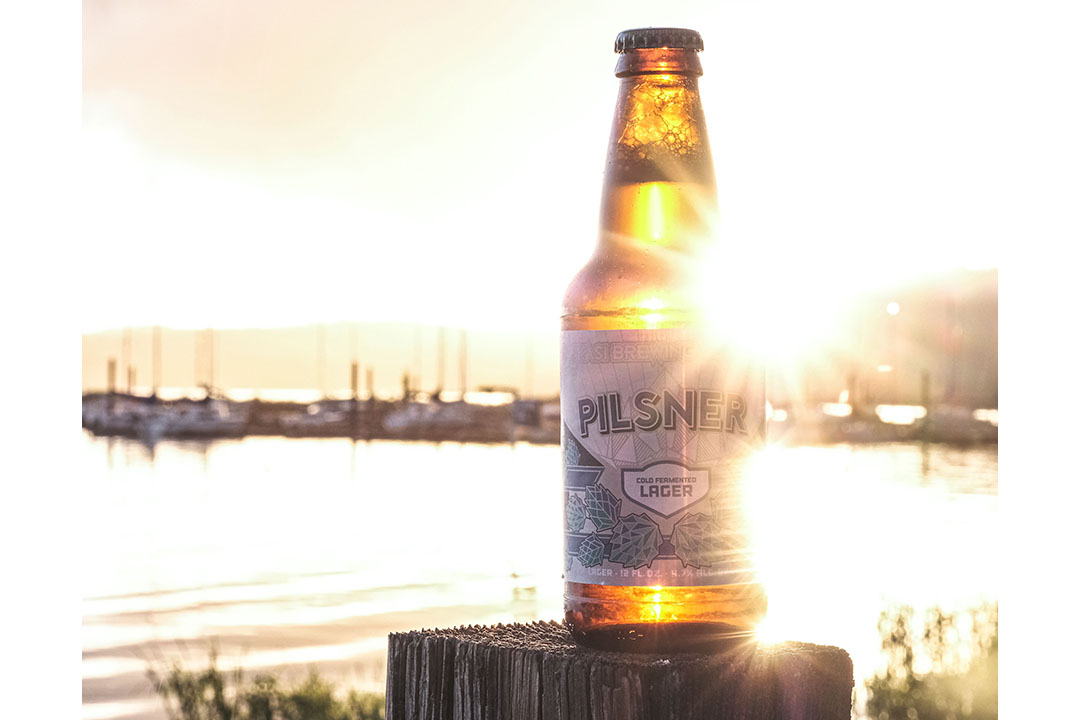
The only non-vegan beer the brewery makes are those with recipes that call for honey or lactose, which is made clear to consumers on labels.
“We offer vegan beers because it is very simple to do so and it opens our product up to a wide variety of consumers,” Miller said. “It is also environmentally a lower impact to produce products made from Organic, Salmon Safe, or responsibly-farmed vegetative products.”
Being in the Pacific Northwest (specifically Portland and Vancouver), Hopworks has made an effort to expand its vegan options on the food menu.
“For brewers looking to go vegan, the big ways to avoid animal products in your beer are to use coconut carbon to filter your water (instead of traditional charcoal which could contain bone), avoid animal based clarifying products (such as fish bladder), and to thoroughly clean your equipment after using a product that specifically calls for an animal product such as honey or lactose,” Miller said.



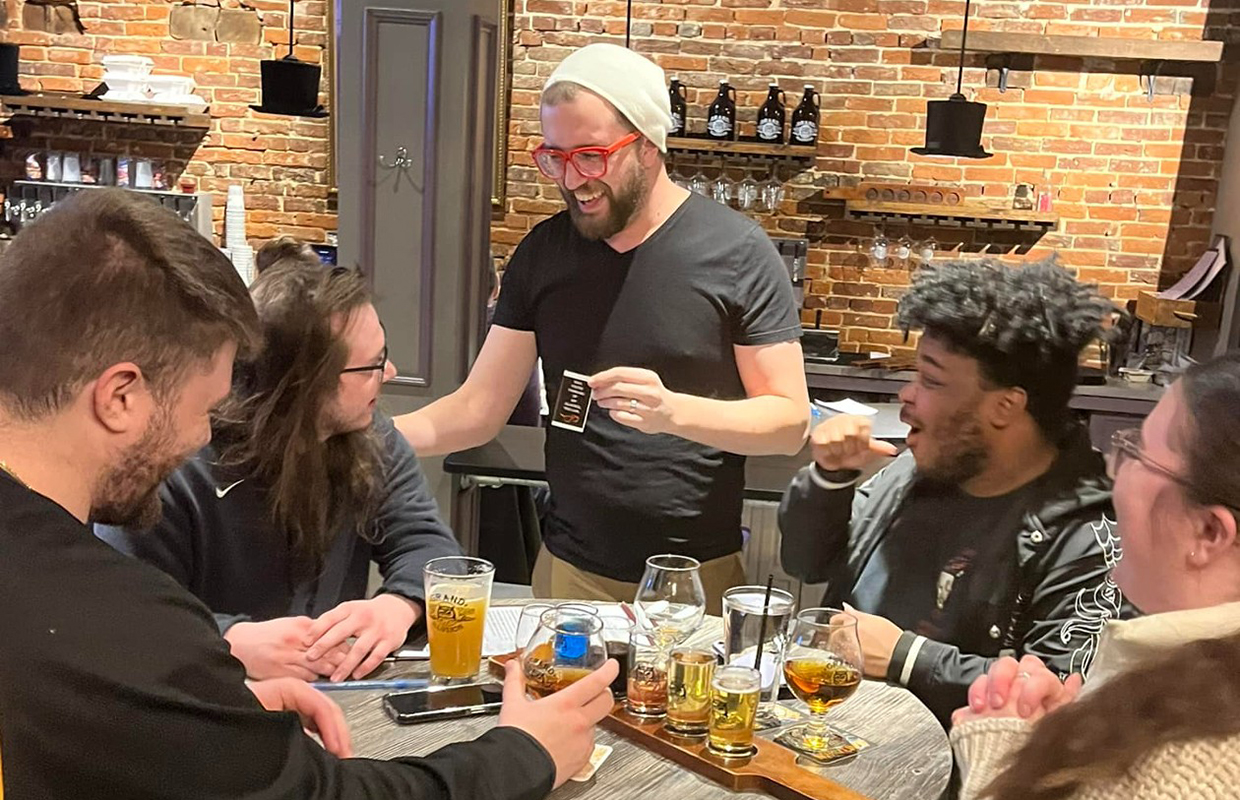
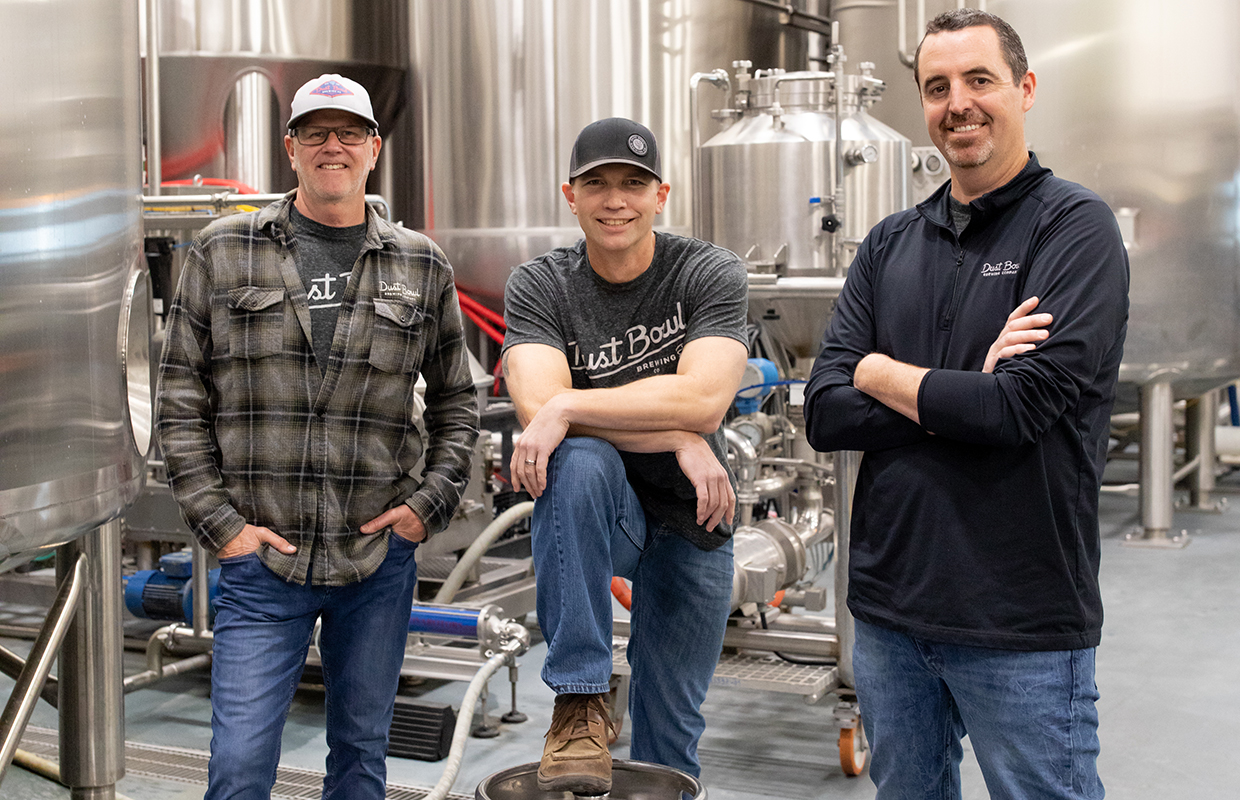
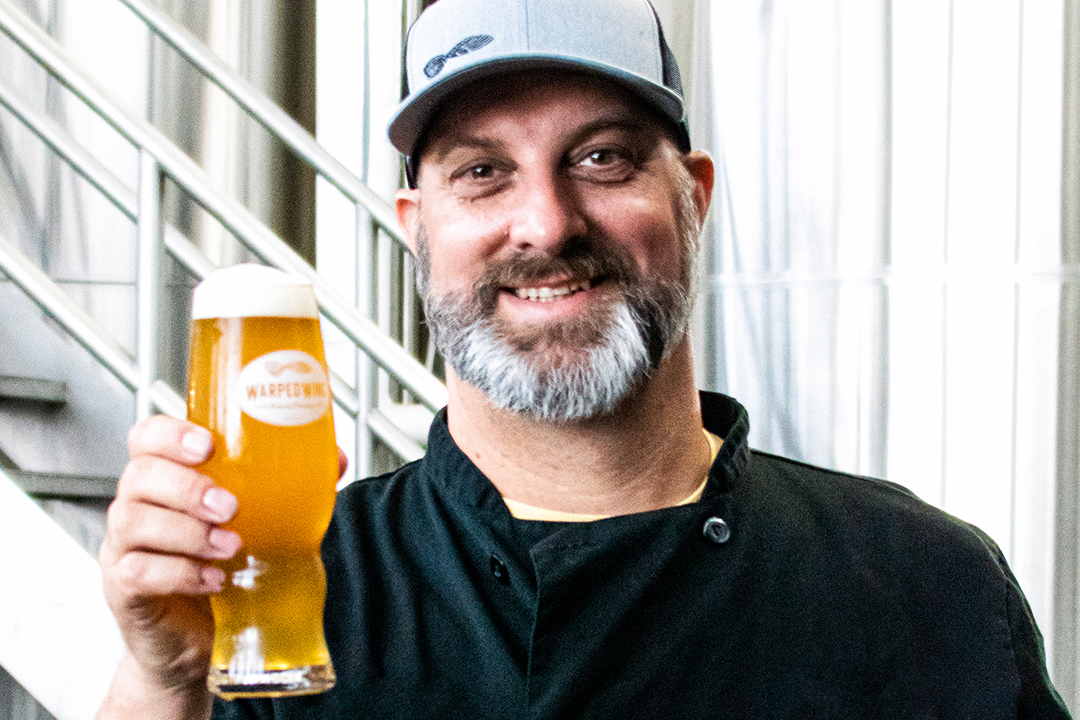
Be the first to comment